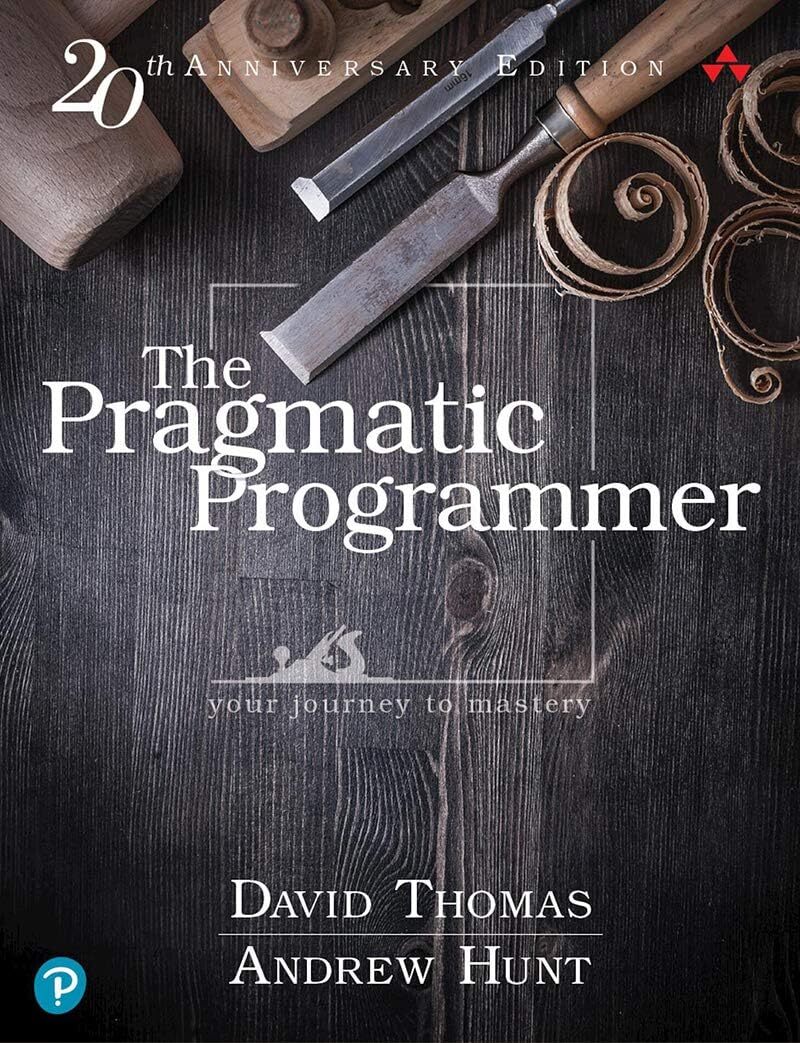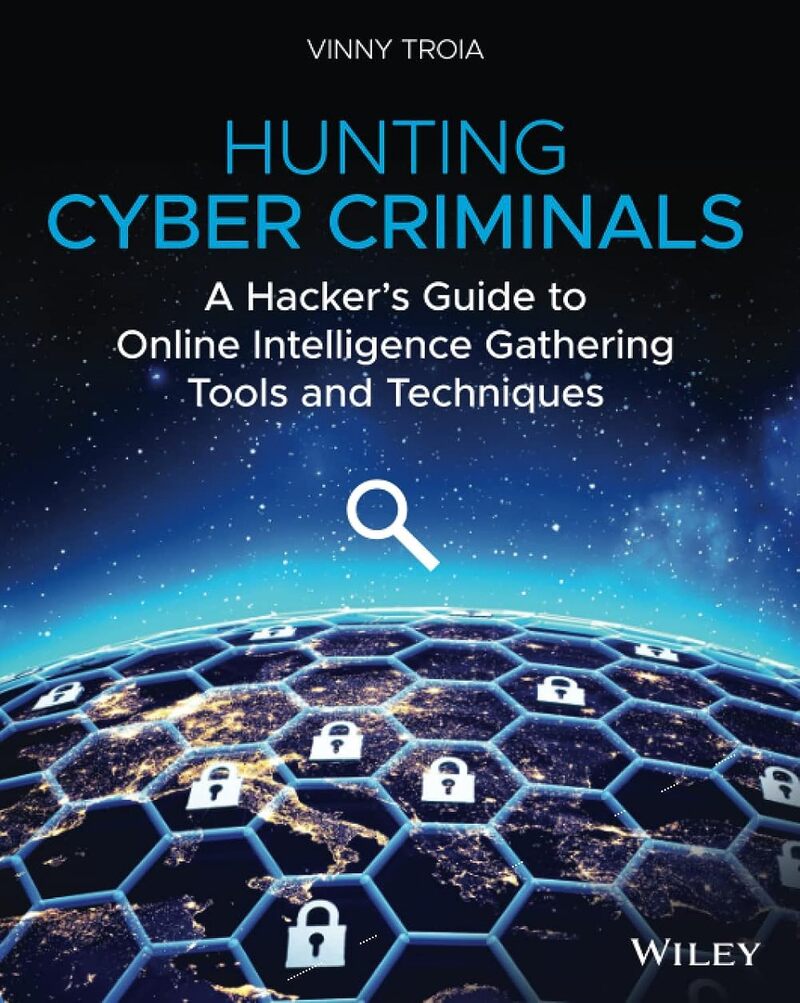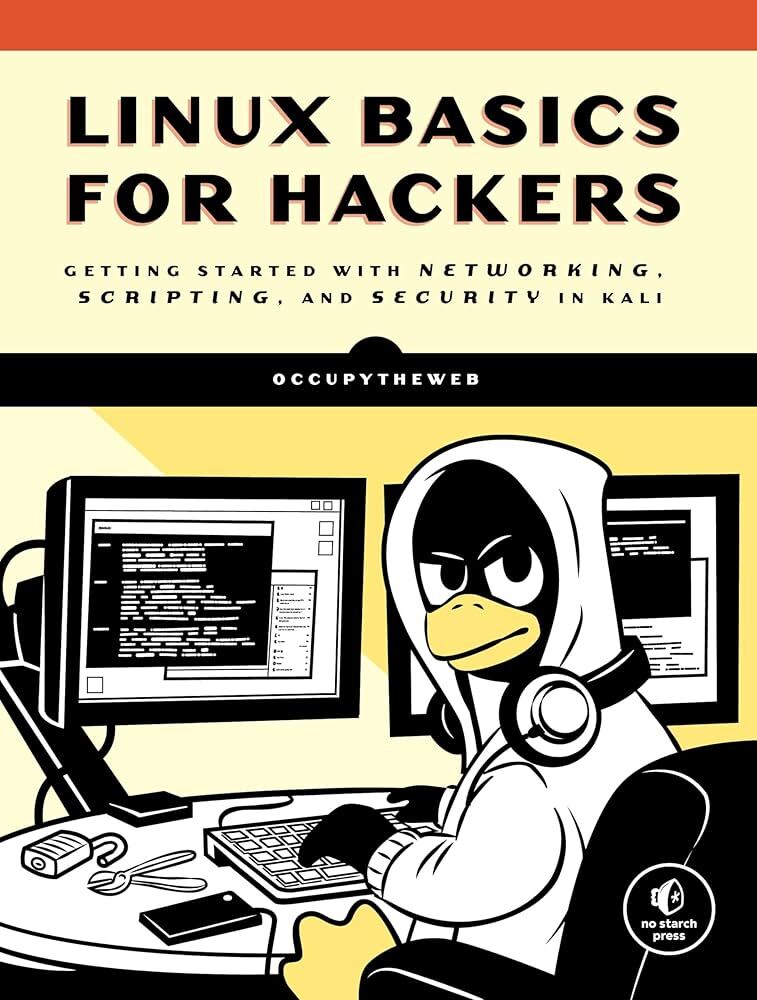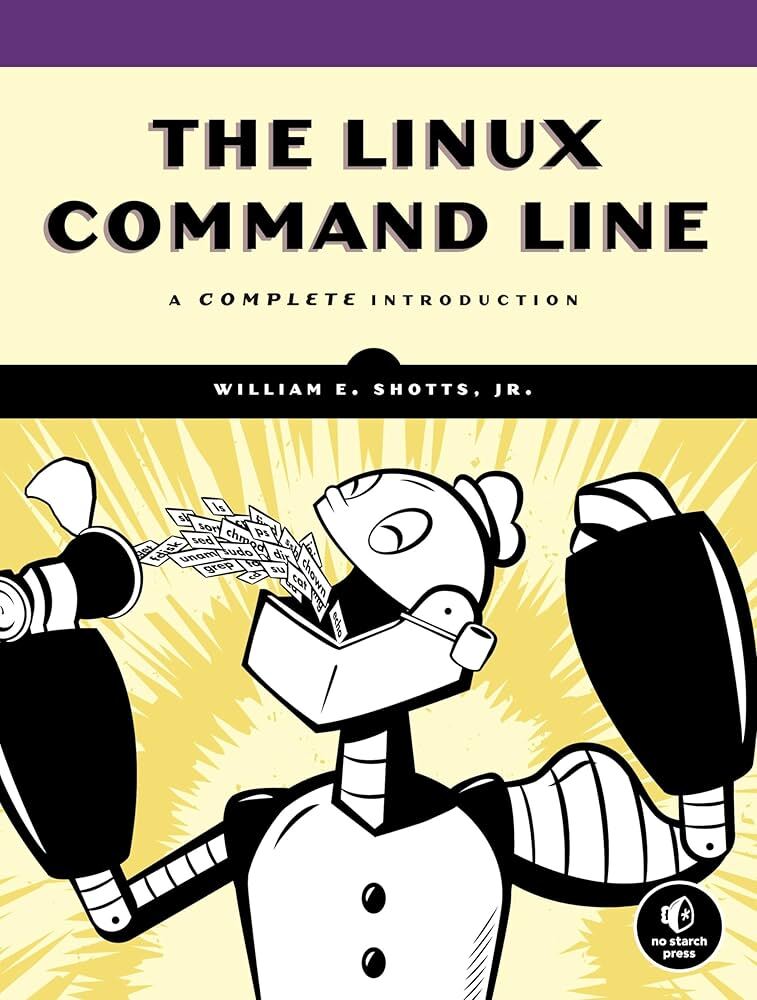Resources
Here are some resources that I have found valuable throughout my tech journey!
CodeCademy
CodeCademy has proven to be an invaluable resource throughout my tech journey. Through their software I learned Ruby and Python as well as HTML and CSS. I also use it to sharpen up my skills with languages I haven't used in a while, specifically Java and PHP. I found their lesson styles to be very intuitive and overall really enjoyed my time with this software. I highly recommend it to anyone looking to learn a new language or freshen up on an old one!
If you want to check it out, here's a link: https://www.codecademy.com
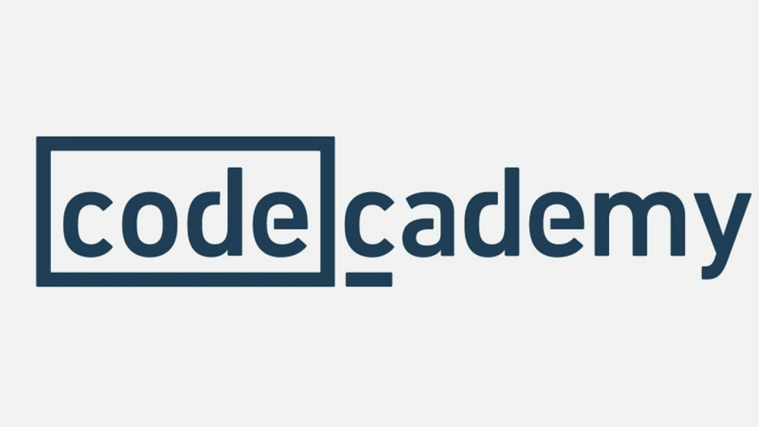
Books
One of the primary sources by which I have learned the more general pieces of information on computers was through books. I have included some of the most pivotal below:
- The Linux Command Line by William Shotts: This book was my main tool in familiarizing myself with the Linux command line. It covers pretty much everything that you could need to know, from file manipulation to navigation and even automating menial tasks using shell scripting. I think that this book was a wonderful introduction to the somewhat daunting Linux shell.
- Linux Basics for Hackers by OccupyTheWeb: I really enjoyed this book. It is an easy introduction to the complex and intimidating world of cybersecurity. It teaches you basic tools like nmap, dig, and more as well as leading you through some fun projects, my favorite of which was a bash script that scans a target for open ports. I highly recommend this book for anyone looking to get into cybersecurity!
- Hunting Cyber Criminals by Vinny Troia: I read this book following Linux Basics for Hackers and thought it to be a really good next step up. Troia is a cybersecurity specialist who has done work with various companies on breach remediation as well as penetration testing. In this book he leads you through conducting a cybersecurity investigation, showing and explaining various tools that are commonly used by professionals. I think it's a great supplement to any cybersecurity basics book.
- The Pragmatic Programmer by Andy Hunt and Dave Thomas: Though this one is last, it is certainly not least! This is actually by far my favorite on this list. It doesn't teach you about how to use computers as much as it talks about the mindset to take when you're programming. It highlights a need for quality code and outlines various approaches to take to do this most effectively. It also teaches various strategies to make your work more efficient, from automating tasks to early testing of code to catch problems quickly. I think this is a book that every software engineer should have on their shelves because of the importance of the lessons it teaches.
